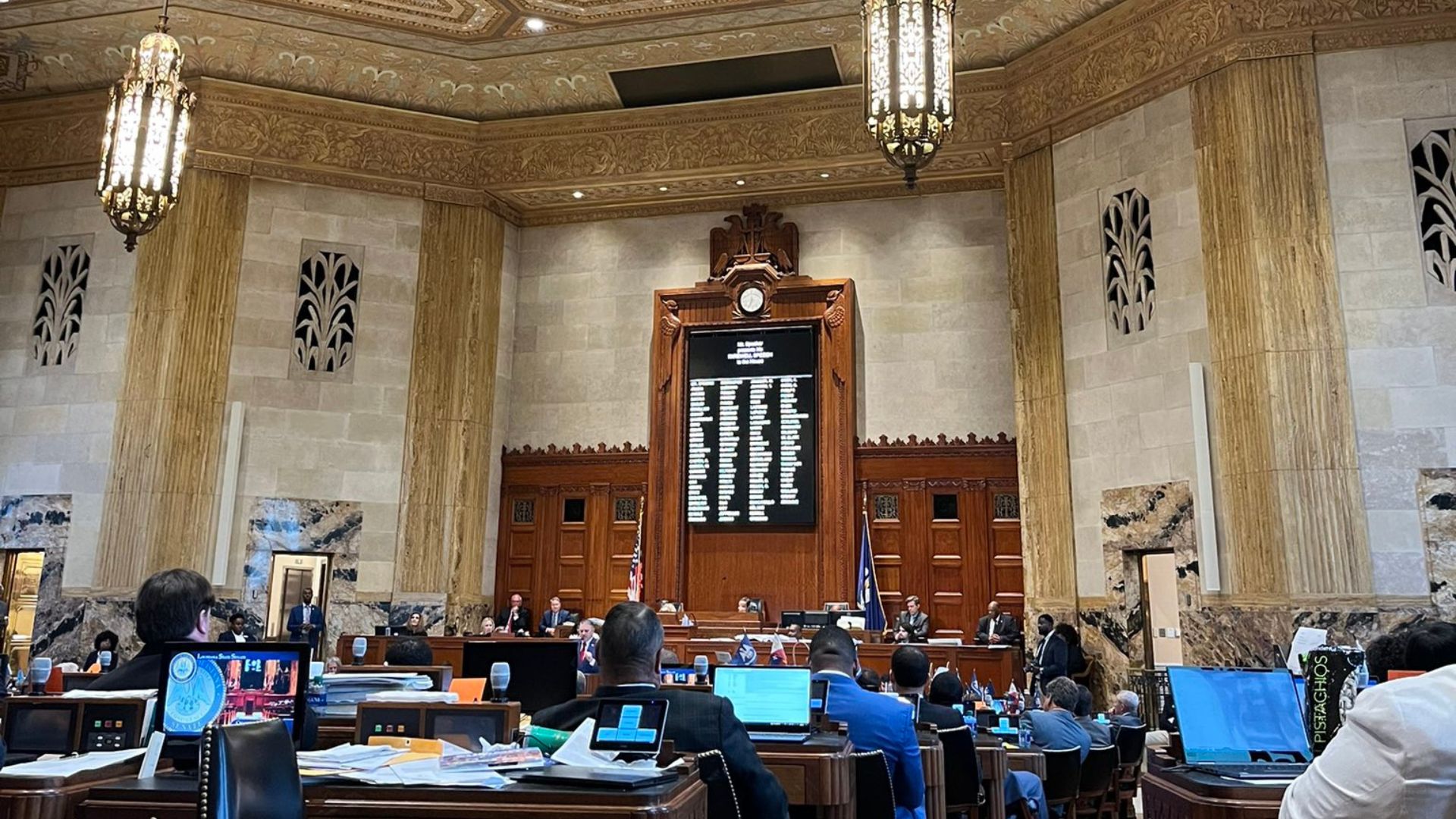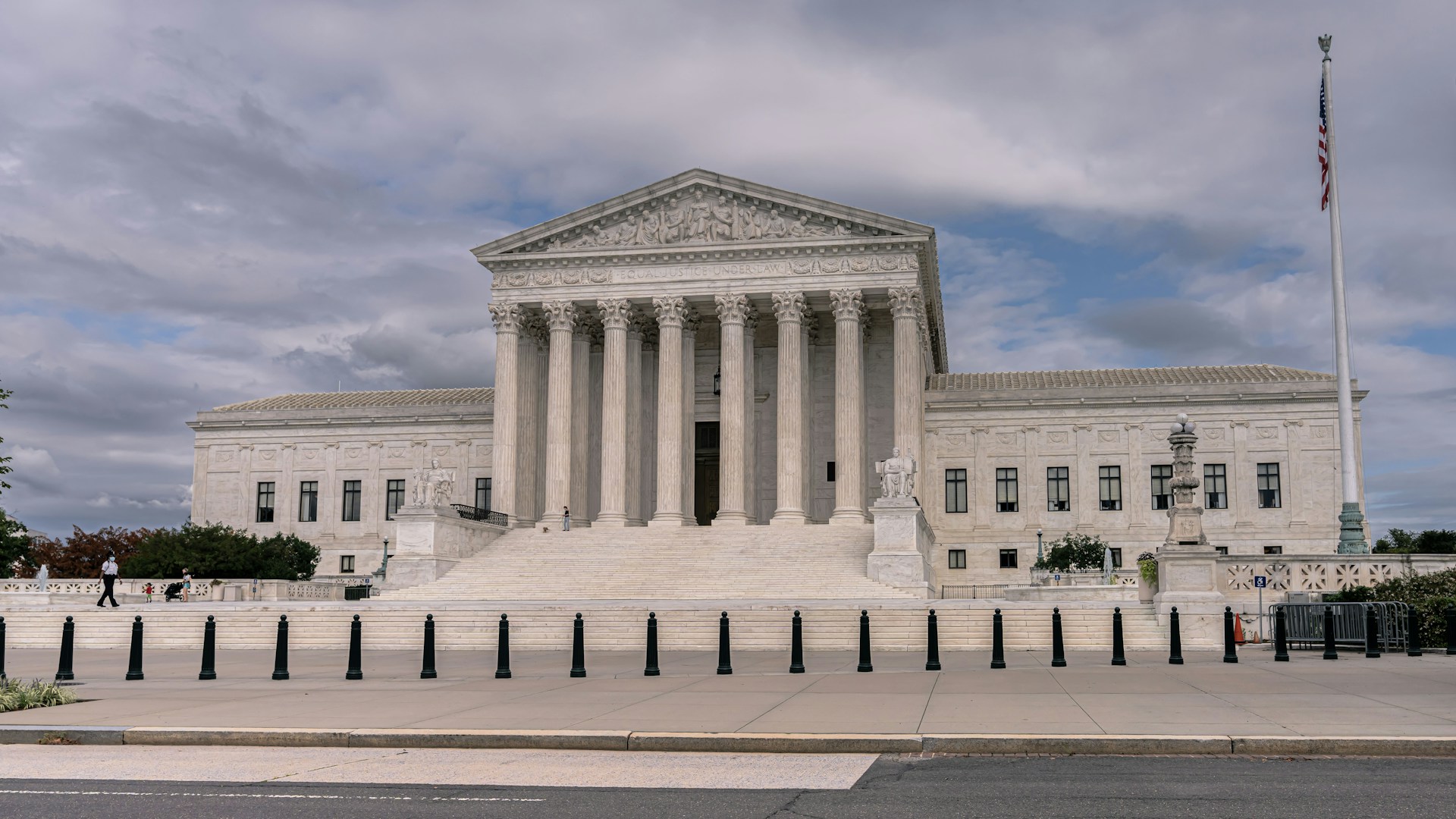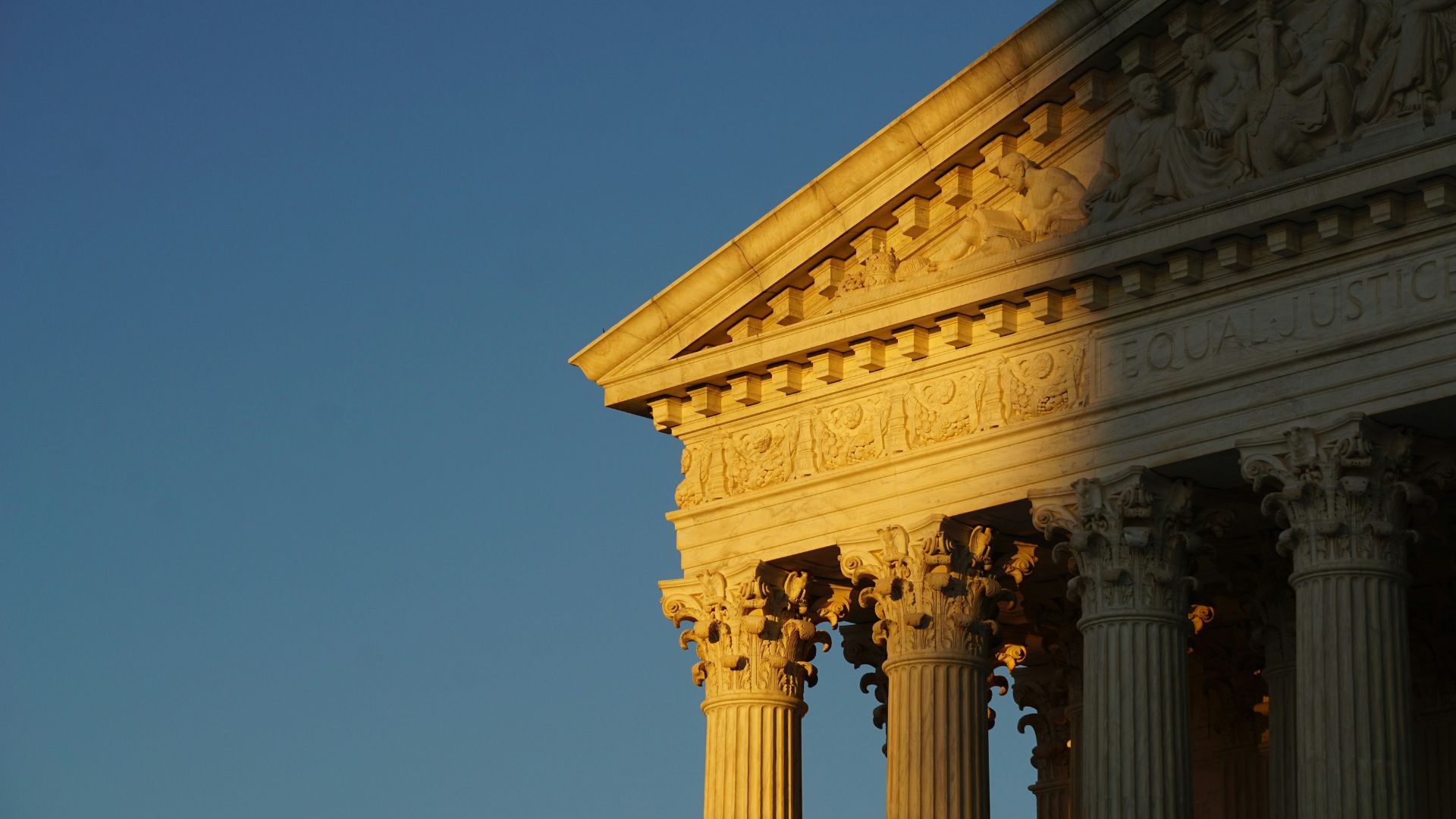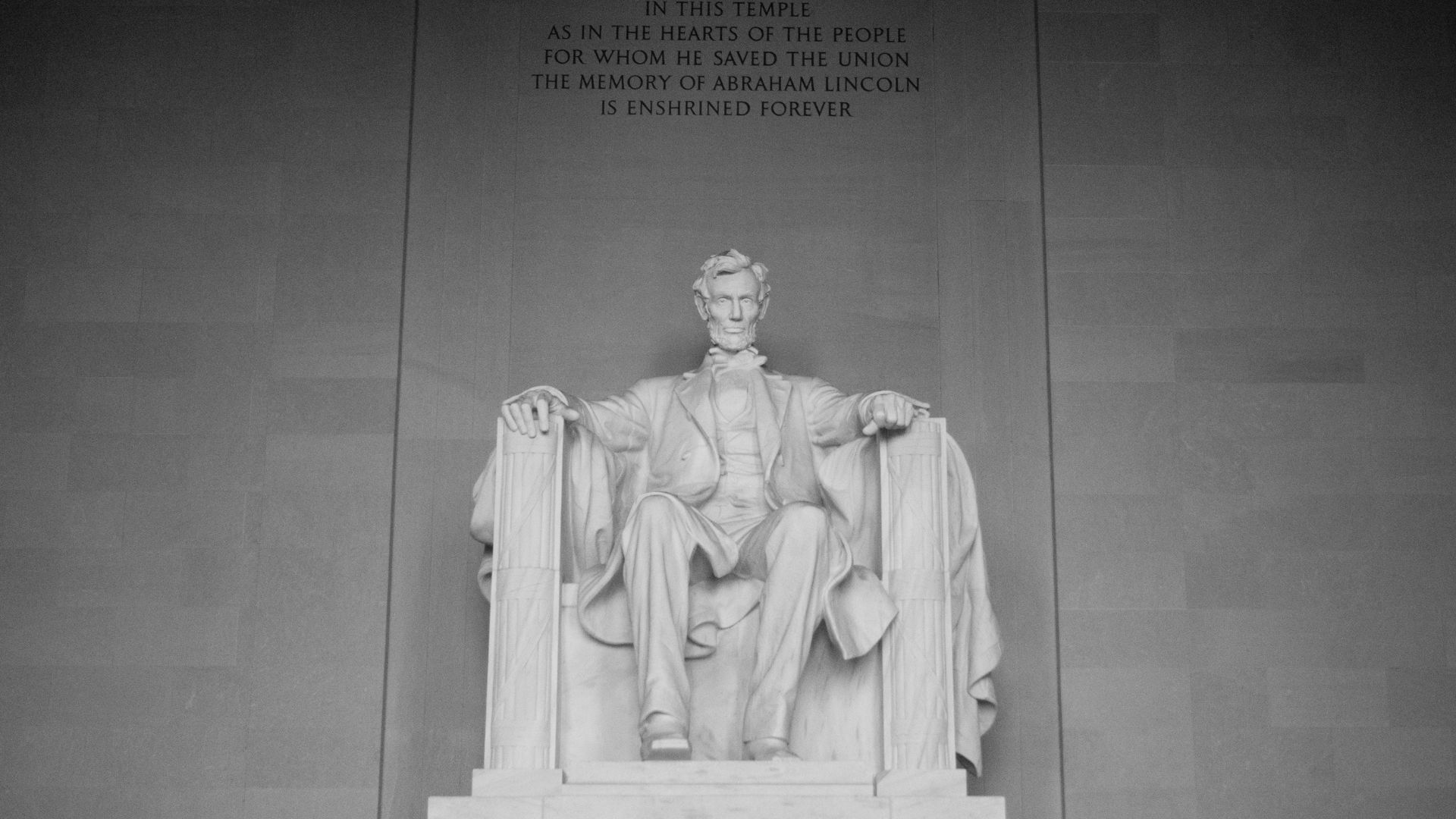Earlier this year, Louisiana became the first state in the country to require that public schools display the Ten Commandments in classrooms. Families and advocacy groups immediately began opposing the law and sued the state on constitutional grounds.
Now, Governor Jeff Landry told parents who oppose the law that they should “tell your child not to look” at the Commandments while in the classroom. This statement angered the parents fighting for the separation of church and state in their kids’ education.
In Defense of the New Rule

Gov. Landry quickly came to the defense of his new law after being heavily criticised and sued by parents around the state.
He declared that the state would put up a fight against the lawsuits, which claimed that posting the Ten Commandments in schools in unconstitutional.
Arguments From Parents

Parents in the state have brought up the separation of church and state is baked into the constitution and declares that all government entities not favor one religion over the other.
Also, there are other groups of religious minorities, including Jewish, Unitarian, Universalist, and Muslim, who claim that the rule “substantially interferes with and burdens” their rights to raise their chicken with their chosen religion.
Bipartisan Support

Although there has been massive pushback, both on the internet and within the state court system, Landy has said that he has definitive bipartisan support across the aisle in the Louisiana legislature.
He also remarked, “I don’t see what the whole big fuss is about.”
What Schools Are Complying

The current status of schools complying with the law varies across the state.
As of now, Louisiana Attorney General Liz Murrill says that as of this Monday, she is not aware of any schools that have complied with the mandate. The law will take place in January.
Legal Proceedings

Parents suing the school district for violating their First Amendment rights have actually had some success in stopping the bill from passing.
A judge agreed to halt the law until November 15. Even a small postponement in the rule could fundamentally alter the law’s requirements.
How the State Will Respond

The state plans to issue a motion of dismissal against the case. In many instances, a judge will use their discretion to determine if a lawsuit is frivolous or not.
A separate legal strategy that Louisiana could employ describes how the law can be applied to meet legal, and constitutional requirements. This might include only displaying the Ten Commandments in classrooms where all the parents agree.
Posting the Ten Commandments in Different Ways

Another way that the school system could get around the lawsuit is by adding the Ten Commandments to different posters.
For example, state lawmakers who want to keep the law pushed forward say that they could include the post design based on the founding fathers, Martin Luther King Jr. or Moses.
Legal Precedent

Lawsuits are usually decided on other precedents decided in the state. In this case, the families are able to successfully sue the school system based on a similar Supreme Court case from 1980.
In this case, the Supreme Court struck down a Kentucky law that required schools to post the Ten Commandments in public classrooms. The court system decided it goes against church and state separation.
Violating the First Amendment

Many parents share concerns that the decision to add the religious doctrine into schools directly violates their First Amendment rights.
In 1980, the Supreme Court noted a similar cause for striking down the inclusion of the Ten Commandments in school classrooms.
Argument for Historical Relevance

Many proponents of the law have described its historical relevance as a reason for including the Ten Commandments in schools.
If this is the case, then students should feel free to study them as part of a world religions or history course instead of being an assumed part of the general culture of the classroom.








































